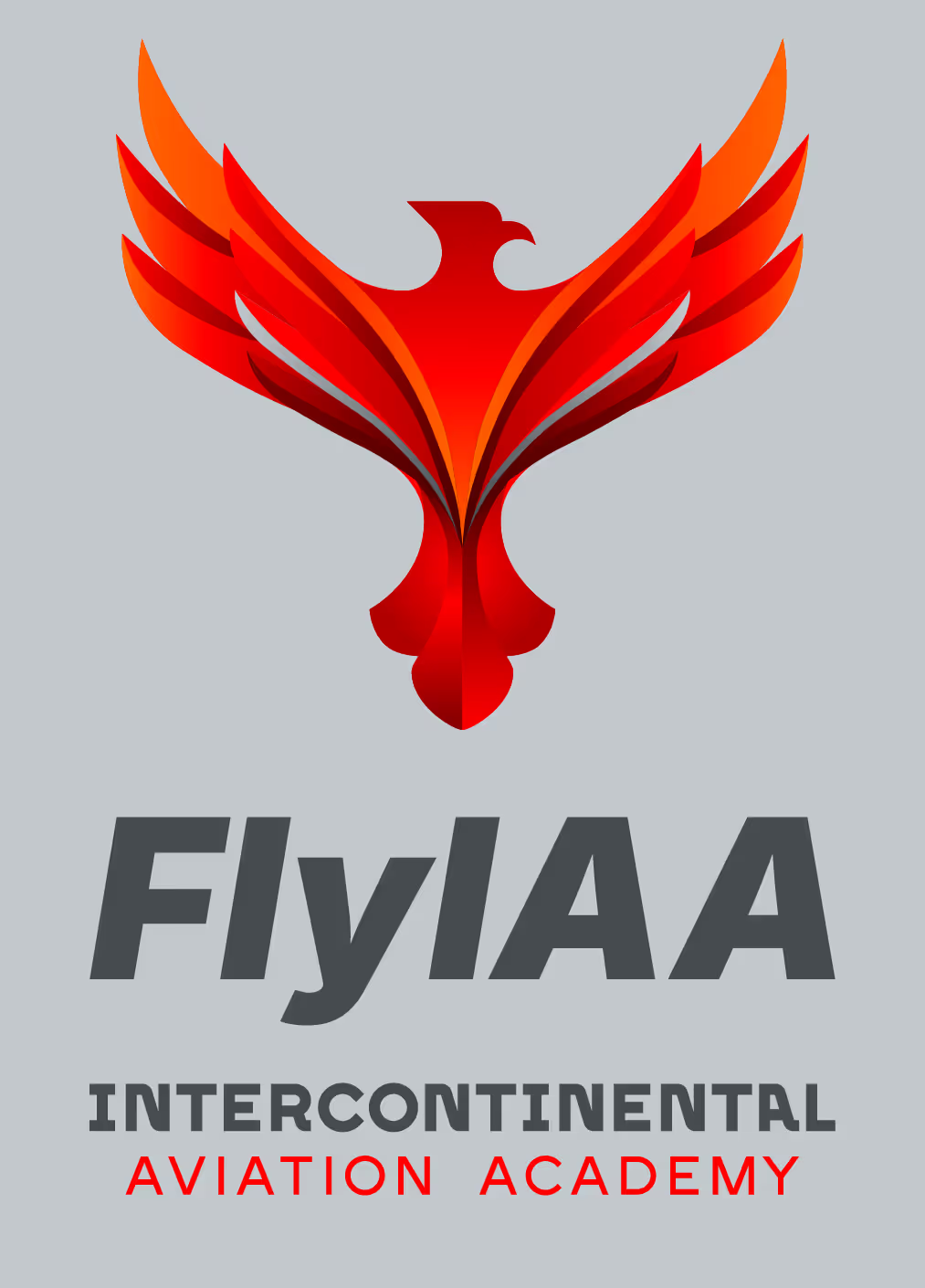This was one of the first phrases I heard when I began flying: "I'm not a theoretical guy, I'm a practical guy." But does such a distinction even exist?
In my experience, when this phrase is used, it often creates a division between students: those who excel at theory and those who "actually know how to fly." This mindset is not only misleading but also dangerous.
Of course, it's entirely possible to be an exceptional pilot and score lower on theoretical exams. Many factors contribute to this, including whether a student is in an integrated program or has prior knowledge, their age, language proficiency, previous aviation experience etc. By all means, your ATPL Theory score is not necessarily an accurate measure of your knowledge.
At the start of their aviation journey, students face very different challenges than they will in the upcoming stages. In the early stages of flight training, when students are focused on mastering the basics, it may feel like all the emphasis is on manual skills. While it's true that these skills are crucial, it's also important to recognize that strong theoretical knowledge from the beginning is essential for developing critical thinking. As flight training progresses, however, the need for deeper theoretical understanding becomes even more pronounced.
The reality is that each of you who perseveres will learn how to land and maintain altitude and speed within the proper parameters. Some will excel, while others may struggle a bit. Some people have more natural talent than others. Some of us will need to work harder. Personally, I was never the most naturally gifted, and I’m perfectly fine with that—because with strong work ethics, anything can be achieved. However, there is much more to flying and as your career progresses you will see it more clearly.
Being a pilot requires a wide range of skills—multitasking, manual skills, problem-solving, stress management, coordination etc. In different stages of flight and training, different skills will be more prominent. And these skills are acquired through two main sources: practical experience and theoretical knowledge. While the best practice is when something can be demonstrated in real life, your flight hours are limited by various factors, but the time you can dedicate to studying is not. There are many things that cannot be demonstrated outside of the classroom due to safety reasons, but your knowledge could one day save your life.
You need to understand aircraft systems and how they work together, how to interpret weather and make confident decisions in marginal conditions, and how aerodynamics and aircraft limitations affect your performance. You need the ability to make precise flight plans with accurate calculations, to interpret instruments, and to maintain situational awareness in IFR conditions. You also need to recognize when automation is active and when the limitations of the aircraft, not the pilot, are the real constraint.
Take Captain Sullenberger’s and Skiles’s emergency landing on the Hudson River. While it’s often praised as an impressive feat of skill, we often overlook the fact that the safe landing was the result of a series of well-timed, informed decisions. That was made possible by solid theoretical knowledge applied in real-time.
The bottom line is no pilot can be truly great without a strong foundation of theoretical knowledge.







